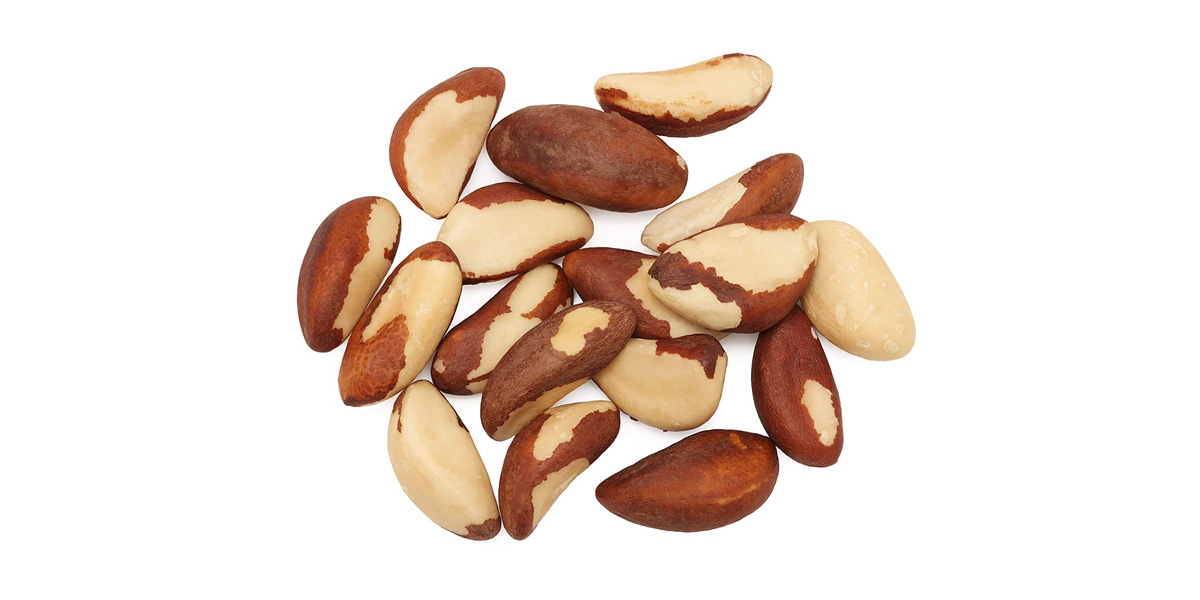№ 8 Nuts
NUTS

Remix
Ranking
#8
Essential Amino Acids
(EAAs)
see below
Ratio of
Omega-6:Omega-3
see below
Nuts are a good source of nutrients and can be part of a healthy diet. They are high in heart-healthy monounsaturated fats, protein, and fiber, and they contain a variety of vitamins and minerals. Nuts also have a low glycemic index, meaning they do not cause a rapid rise in blood sugar levels.
Here are some examples of nuts that are particularly nutritious:
Walnuts
Walnuts are often referred to as “brain food” for good reason. These nuts are a rich source of alpha-linolenic acid (ALA), an omega-3 fatty acid that supports brain health and cognitive function. Omega-3s are also known for their heart-protective properties, reducing the risk of heart disease and inflammation. Walnuts are high in antioxidants, including vitamin E and polyphenols, which combat oxidative stress and reduce cell damage. These antioxidants, along with their healthy fats, contribute to improved cardiovascular health. Walnuts are an excellent source of plant-based protein, dietary fiber, vitamins (particularly vitamin B6 and folate), and minerals (such as magnesium and phosphorus).
Brazil Nuts
Brazil nuts are a nutritional powerhouse with several health benefits. They are exceptionally rich in selenium, a trace mineral essential for proper thyroid function and antioxidant defense. Just one or two Brazil nuts can provide your daily recommended intake of selenium. Additionally, these nuts are a good source of healthy fats, particularly monounsaturated fats, which support heart health. Brazil nuts also contain essential minerals like magnesium and phosphorus, along with selenium, which contribute to overall well-being. Incorporating Brazil nuts into your diet in moderation can help support thyroid function, protect against oxidative stress, and promote heart health.
Pistachios
Pistachios offer a wide range of health benefits. These green nuts are a great source of plant-based protein and fiber, making them an excellent choice for weight management and appetite control. They’re also rich in heart-healthy monounsaturated and polyunsaturated fats, which can help reduce LDL (bad) cholesterol levels. Pistachios contain antioxidants like lutein and zeaxanthin, which support eye health, and they are a good source of essential vitamins and minerals, including vitamin B6, potassium, and magnesium.
Eating nuts in moderation can help to lower cholesterol levels, improve blood sugar control, and reduce the risk of heart disease and other chronic conditions. It is also important to choose unsalted nuts whenever possible, as they are lower in sodium and have less of an impact on blood pressure.
Walnuts have more omega-3 than any other nut. Just 1/4 cup of walnuts provides 2.5 g of the essential fatty acid, which meets the daily recommended intake.